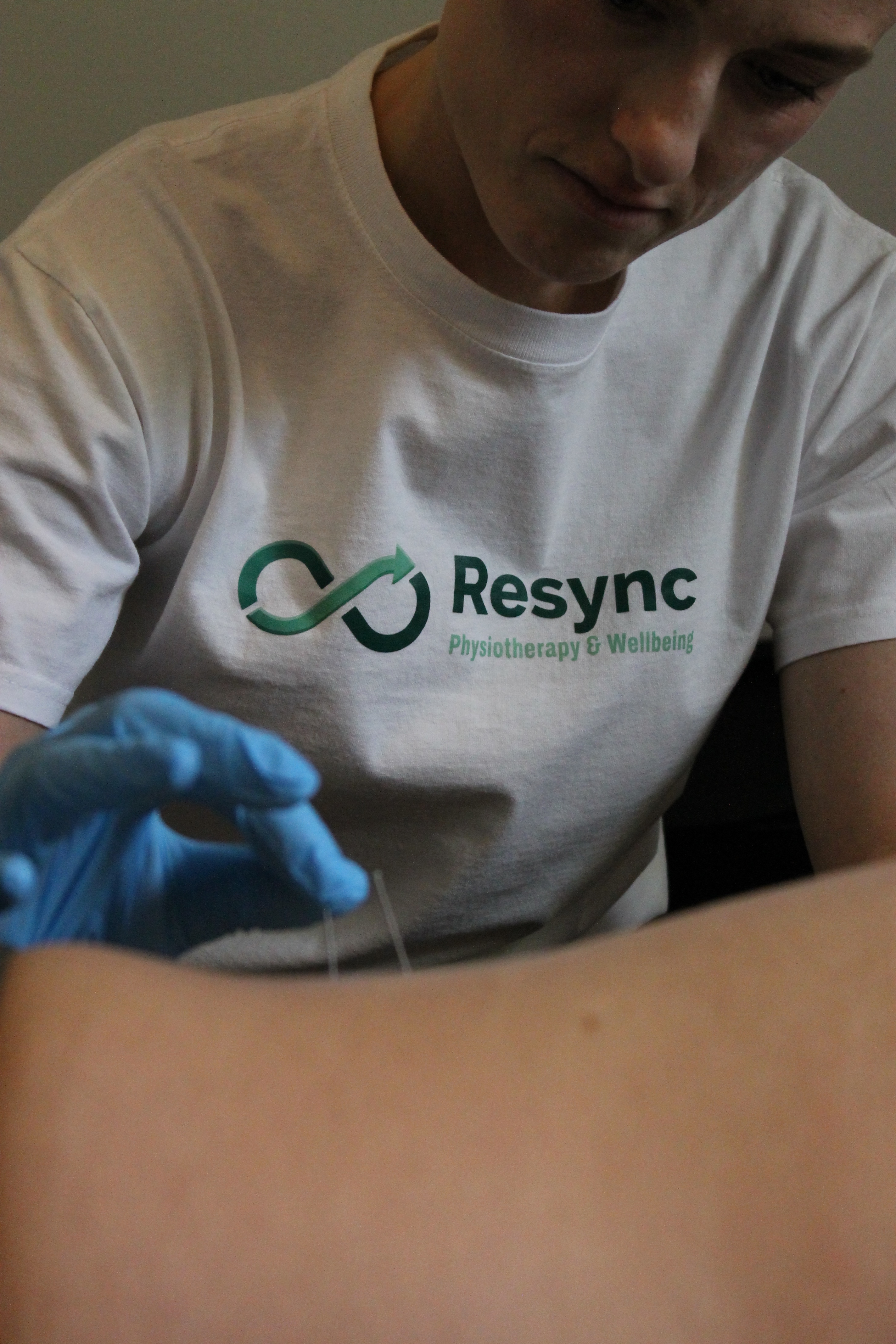Arthritis and Degenerative Joint Pain: How Physiotherapy Can Help
Living with arthritis or joint-related degenerative conditions can feel overwhelming at times. The stiffness, the aching, the way pain flares up when you want to be active — it can make even simple things like walking, gardening, or playing sport feel harder than they should.
At Resync, we believe arthritis doesn’t have to mean giving up the things you love. With the right support, movement, and a clear plan, you can stay active, manage symptoms, and protect your joints for the long term. That’s where The Resync Method and regular physiotherapy come in.
Why Arthritis and Joint Degeneration Happen
Arthritis and degenerative joint conditions are common, particularly as we get older, though they can affect people at any age. Common forms include:
- Osteoarthritis – gradual “wear and tear” that affects cartilage and joints, often in knees, hips, and hands.
- Rheumatoid arthritis – an autoimmune condition causing inflammation, swelling, and joint damage.
- Degenerative changes – age-related changes in the spine, hips, knees, and other joints that affect movement and comfort.
While there isn’t a single “cure” for arthritis, there is a lot you can do to slow progression, reduce pain, and keep living life on your terms.
How Physiotherapy Helps
Physiotherapy is one of the most effective non-surgical treatments for arthritis. Here’s why:
1. Movement is Medicine
It may feel counterintuitive to exercise when your joints hurt, but staying active is essential. Regular movement improves circulation, reduces stiffness, and strengthens the muscles that support your joints.
2. Strength and Stability
Targeted strengthening helps to take pressure off affected joints. For example, stronger thigh muscles support arthritic knees, while hip stability improves walking and balance.
3. Hands-On Relief
Manual therapy can ease stiffness, reduce pain, and improve flexibility in affected joints, making it easier to stay mobile day to day.
4. Tailored Exercise Programmes
Every case of arthritis is different. At Resync, we design exercise plans that are specific to your body, your lifestyle, and your goals — making them safe, effective, and sustainable.
5. Long-Term Management
Physio isn’t just about the here and now. Regular sessions keep you on track, spot problems early, and adjust your programme as your needs change. This helps you stay in control of arthritis rather than feeling like it controls you.
The Resync Method: Building Resilience with Arthritis
At Resync, we use a staged approach to help people with arthritis and degenerative joint pain:
- Comprehensive assessment – understanding your condition, symptoms, and goals.
- Immediate strategies – hands-on therapy, pain management, and mobility work.
- Strengthening and stability – building muscle around the affected joints.
- Lifestyle and activity planning – guidance on pacing, posture, and daily routines that reduce stress on joints.
- Ongoing support – regular physio check-ins to track progress, prevent flare-ups, and adapt your plan as needed.
This combination doesn’t just reduce pain — it helps you stay active, independent, and confident in your body.
How Long Does it Take to Notice a Difference?
Many people notice improvements in pain and mobility within just a few weeks of starting physiotherapy. Long-term, consistent treatment is what makes the biggest difference. With regular sessions and ongoing exercises, you’ll build resilience in your joints and slow the progression of symptoms.
Final Thoughts
Arthritis and degenerative joint pain don’t have to mean the end of an active lifestyle. Physiotherapy provides proven strategies to manage pain, restore movement, and maintain independence. At Resync, we’ll work with you to build a clear, progressive plan that gives you back confidence in your body — now and in the future.




